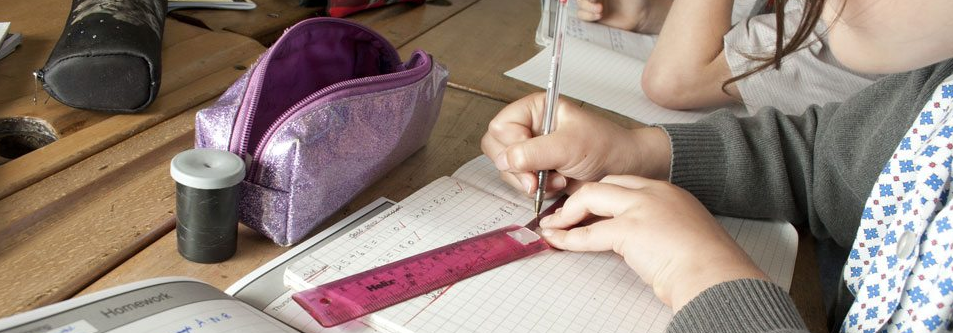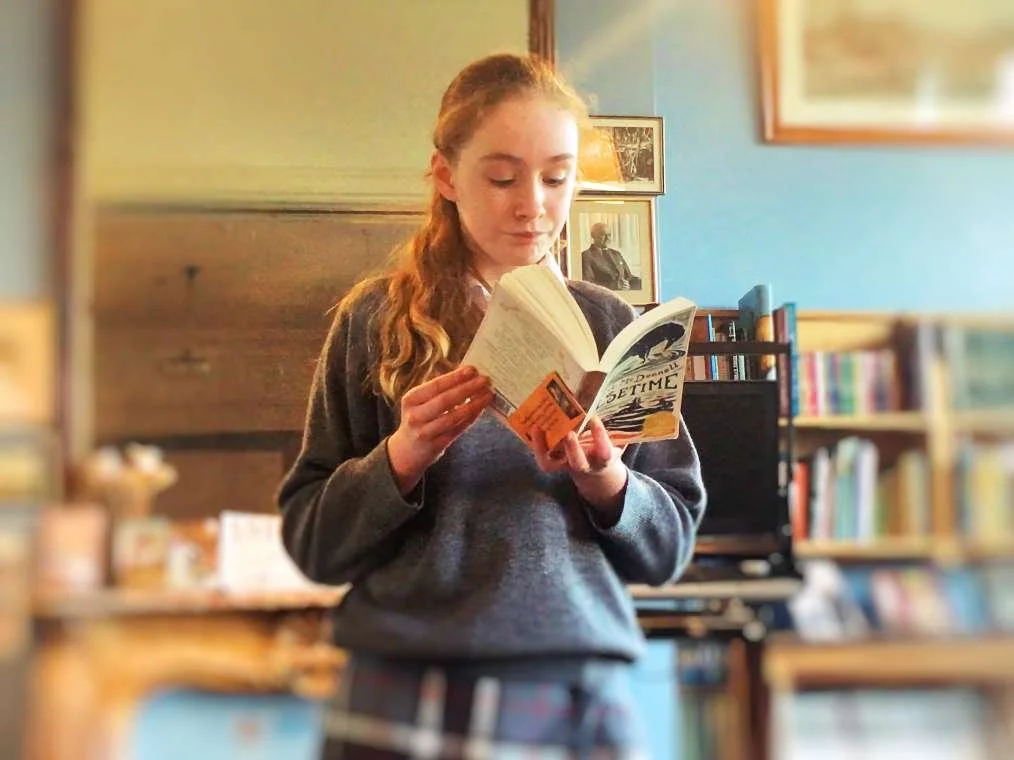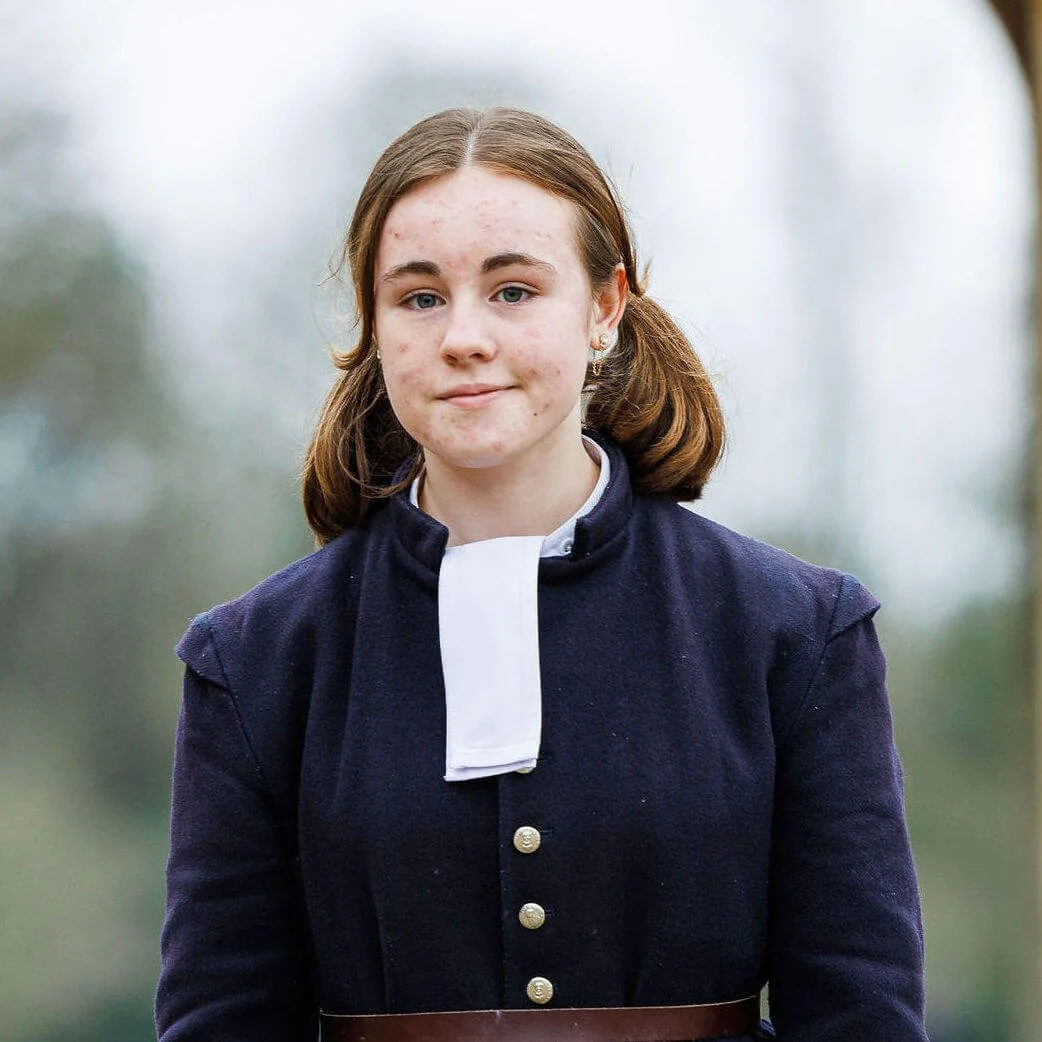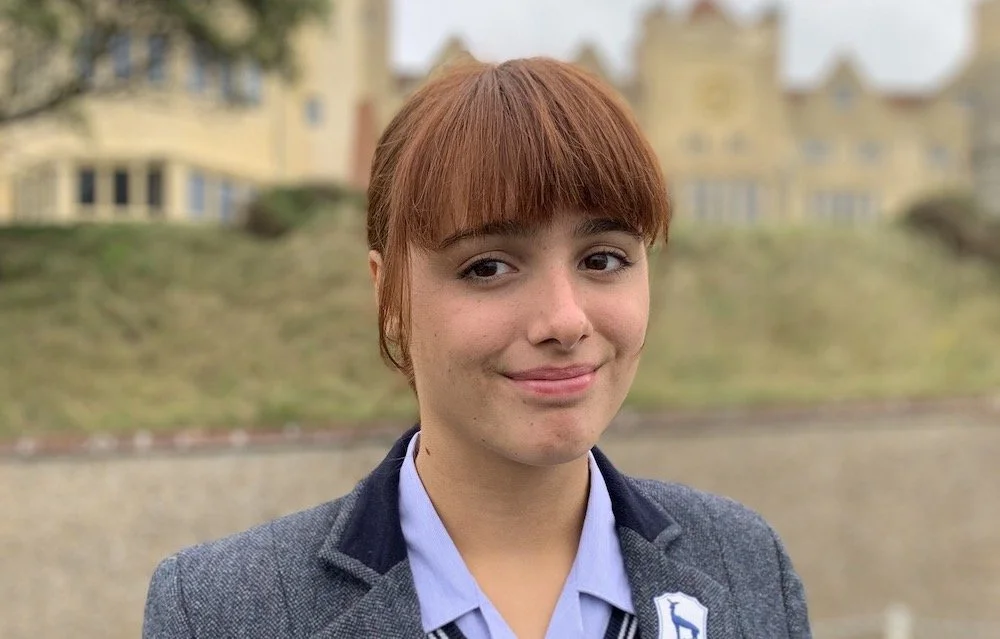11 facts you need to know about the Common Entrance exam
/1. What is the Common Entrance exam?
Firstly, it’s not that 'common'. It's the series of examinations children take in the summer term of Year 8 at independent schools. These are of a standard that prepare children superbly for GCSE. Historically, children from maintained schools sat these for entry into private senior schools as a standard-marker. Today, most senior schools still require children to sit them as a trusted indication of ability.
2. What subjects are examined?
The three core subjects are Maths, English and Science. French is usually a requirement for senior schools too. Geography, History, Religious Studies and Latin are also sat, usually in early June.
3. So all these subjects are just one paper?
No. There are three Maths papers: Mental Arithmetic, Non-Calculator paper and Calculator paper. There are two English papers: Prose & Poetry Comprehension and Practical & Creative Writing. There are three Science papers: Biology, Physics and Chemistry. Geography and Religious Studies incorporate a coursework project, which counts towards the final mark.
“Common Entrance is a kite-mark of quality. By sitting the exams, your child will be better placed for future studies. They are of a standard that prepare children superbly for GCSE. Plus, it’s more likely that he or she’ll feel able to work on higher tier GCSEs. Your child will also be taught exam technique and conduct. These skills will be invaluable when your child is up against his or her GCSEs and A Levels ahead.”
4. But supposing my child isn’t going on to a private Senior School?
Common Entrance is a kite-mark of quality. By sitting the exams, your child will be better placed for future studies. Plus, the standards taught mean it's more likely that he or she'll feel able to work on higher tier GCSEs. The exams are all conducted under strict protocols which require your child to be taught exam technique and conduct. These skills will be invaluable when your child is up against his or her GCSEs and A Levels ahead.
Getting used to sitting in the exam hall, learning to write quickly and under pressure, to manage time and to keep answers as concise and clear as possible are important exam skills to learn. It helps children to develop resilience – children learn from making mistakes as much as their successes. They gain self-confidence and self-belief for their GCSEs when they can think 'I've done this before, I can do it again'.
5. Do all children do the Common Entrance at Sompting Abbotts Preparatory School?
Yes, all our pupils sit Common Entrance. Sompting Abbotts Preparatory School is a Sussex prep school that's a recognised ISEB examination centre. Our teachers help our students to reach their full potential in these assessments. We differentiate teaching to abilities and learning styles. Our students who struggle with specific subjects in Year 7 or 8 tend to do extra work in Latin slots on core subjects or work with our Learning Support Co-Ordinator in one-to-one sessions.
If your child is a new joiner from the state sector at Year 6 or Year 7 stage, don't panic. We differentiate our teaching to each child's needs and put in place a fast-track learning programme to ensure your child is fully up to speed for the Common Entrance exam.
6. So just how hard is the Common Entrance exam?
The standard of work for Common Entrance in most subjects is in advance of a student’s academic age. We scale our learning from Year 6 onwards to meet these demands. Some subjects, such as English, involve working at GCSE level.
7. Does the difficulty vary?
Yes. There are different Levels (1 and 2) in Science and English. English Level 1 involves easier comprehension questions. Science Level 1 involves one single paper, of more accessible questions, as opposed to the three separate papers at Level 2 difficulty. French has Level 1 and Level 2. There are three levels for Latin: Level 1 (most accessible) to Level 3 (most challenging).
8. Do all private senior schools accept Level 1 papers?
No, not all. Here in Sussex, Brighton College doesn't. Hurstpierpoint and Lancing College accept Level 1 in French and Latin only. Lancing will accept a Level 1 paper in a core subject if a student has English as a second language and has been in the country for a year. Some other schools, such as Farlington, Sion and the Towers, do allow for Level 1 papers.
“In many academic subjects, high levels of Common Entrance attainment put pupils well on the way to GCSE success. ”
9. Do all private senior schools require the same standard at Common Entrance level?
No. Lancing College and Hurstpierpoint expect students to average 55% in their examinations. Brighton College expect 60%.
10. What are Common Pre-Tests?
Common pre-tests are now required by Lancing College, Hurstpierpoint and Brighton College. They're usually sat by students in Year 6. You'll contact the Admissions office of your preferred senior school and pay a fee to enable your child to sit the assessments on Chromebooks at Sompting Abbotts. (Children applying to multiple schools which use the Common Pre-Test will only take the test once per academic year though. The set of results obtained will be shared with all schools registering that candidate.)
The tests are taken online and made up of: verbal reasoning (working with the alphabet and words), non-verbal reasoning (identifying patterns in shapes), a mathematics assessment and a comprehension on an unseen text. These are all timed. They can be sat on different days at different times.
Sompting Abbotts has a 100% success rate for students sitting the Common Pre-Tests. The senior school will use this data to offer your child either a conditional place or an unconditional place. A conditional offer requires a strong performance at Common Entrance. An unconditional offer indicates the senior school recognises the potential in your child to sit an Academic Scholarship.
“Children who do well in the Common Entrance exams are those who have acquired age-appropriate skills and subject knowledge, but also the ability to apply them. Schools are not looking for regurgitated knowledge, but want to see how students can apply what they have learned, evaluate, interpret and analyse.”
11. How much homework does all this mean for my child?
Around 30 to 40 minutes per subject. These are 'at the most' figures though. We're understanding of your children's extra-curricular commitments (family events, sport clubs, Brownies, Scouts, etc) and make allowances and give support. We use Google Drive to communicate and facilitate students' work much more quickly.
Have other questions? Email Headmaster Stuart Douch at: headmaster@somptingabbotts.org.uk
Post author
Stuart Douch, Headmaster, Sompting Abbotts Preparatory School
Find out what it's like to be a pupil at Sompting Abbotts. Rosalind, Year 8, looks back at her 10 years at the school. She's won a Drama Scholarship to Lancing College. She says she has "so many wonderful memories of the school".
Lohith joined Sompting Abbotts in Year 7 and was behind on the Common Entrance syllabus so the school placed him on a tailored fast-track programme. By Year 8, he was both ready for Common Entrance and to apply for and win an Academic Scholarship at Lancing College.
How to help your child prepare for the Common Entrance
Here's some sensible advice from the Independent School Parent
Top 8 advantages of the Common Entrance
1. High academic standards and rigorous syllabuses
2. Academic breadth across 11 subjects, many of which will be continued at senior or secondary school
3. Provides a trusted, well-known focus for pupils in stand-alone prep schools in years 7 and 8
4. There is compelling evidence that formal examinations lead to high standards
5. Favourable comparison with state sector outcomes
6. Doing Common Entrance exams allows children to learn the revision style that works best for them
7. Children benefit from the Common Entrance as a 'practise run' so they're well-prepared to cope with exam pressures in advance of their next exam milestone - GCSEs
8. Kite-mark of quality: senior schools know what to expect
Further information about the Common Entrance requirements for Lancing College
Further information on the Common Entrance requirements for Brighton College
Further information on the Common Entrance requirements for Hurstpierpoint College














































Choosing the right Senior School for your child can feel daunting and is a big decision. Stuart Douch, Headmaster of Sompting Abbotts Prep School, offers his suggestions for how to go about doing your research and what considerations to factor in.